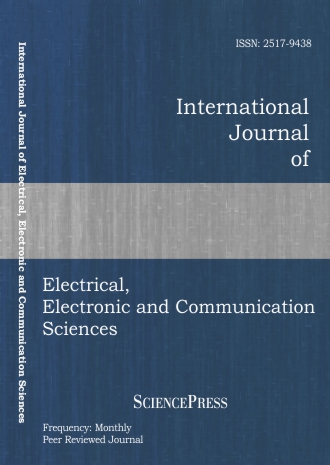
Scholarly
Volume:2, Issue: 6, 2008 Page No: 1160 - 1163
International Journal of Electrical, Electronic and Communication Sciences
ISSN: 2517-9438
927 Downloads
Low Energy Method for Data Delivery in Ubiquitous Network
Recent advances in wireless sensor networks have led to many routing methods designed for energy-efficiency in wireless sensor networks. Despite that many routing methods have been proposed in USN, a single routing method cannot be energy-efficient if the environment of the ubiquitous sensor network varies. We present the controlling network access to various hosts and the services they offer, rather than on securing them one by one with a network security model. When ubiquitous sensor networks are deployed in hostile environments, an adversary may compromise some sensor nodes and use them to inject false sensing reports. False reports can lead to not only false alarms but also the depletion of limited energy resource in battery powered networks. The interleaved hop-by-hop authentication scheme detects such false reports through interleaved authentication. This paper presents a LMDD (Low energy method for data delivery) algorithm that provides energy-efficiency by dynamically changing protocols installed at the sensor nodes. The algorithm changes protocols based on the output of the fuzzy logic which is the fitness level of the protocols for the environment.
Authors:
Keywords:
References:
[1] Akyildiz, I.F., Weilian Su, Sankarasubramaniam, Y., Cayirci, E.,